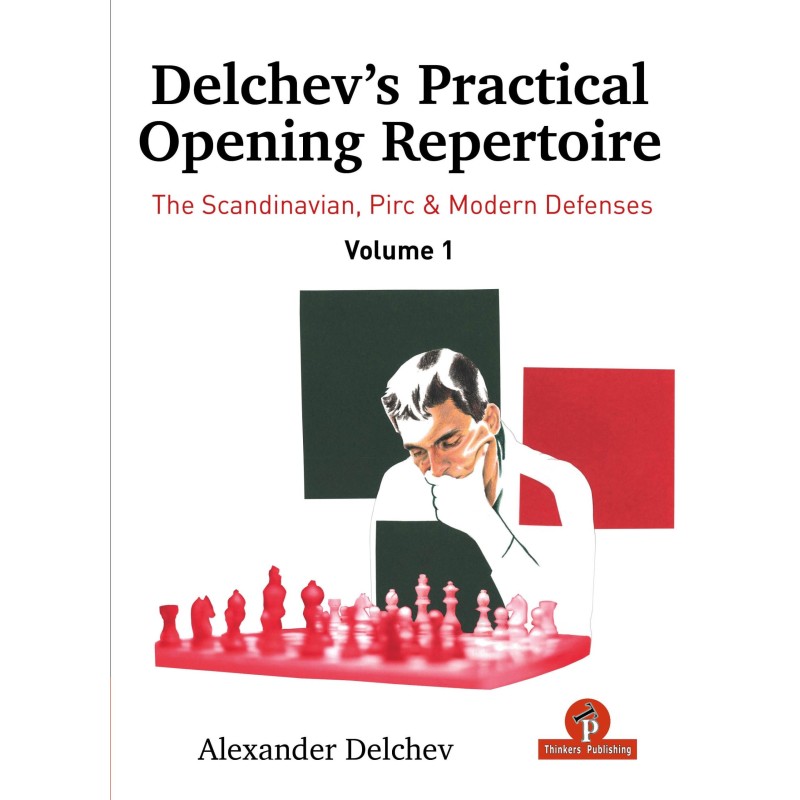

|
Pièces d'échecs
Échiquiers
Ensembles d'échecs
Jeux d'échecs de voyage
Pendules d'échecs
|
Livres d'échecs
|
Logiciels d'échecs
|
Echecs électroniques
Accessoires d'échecs
Affiches d'échecs
|
Matériel Clubs d'Echecs
|
|
Ensembles de Go
Pierres de Go
Goban
Bols de Go
|
Livres de Go Français
Livres de Go Etrangers
|
Logiciels de Go
|
Clubs
|
|
Shogi (Échecs japonais)
Xiang Qi (Échecs chinois)
Mah-Jong
|
Backgammon
Jeux tactiques modernes
Livres
|
Autres jeux traditionnels
|
|
Commerce, négo et bluff
Exploration et développement
Combat et affrontement
Enquête, logique & escape game
|
Connaissances, Ambiance & Apéro
Jeux de lettres et de chiffres
Jeux de voyage
Jeux pour les plus petits
|
Jeux à deux
Jeux en Solo
Livres et accessoires
TCG - JCC
|
|
Cubes magiques
Boîtes à secret
Casse-tête en bois
Casse-tête en métal
Autres casse-tête
|
Puzzles d'art
Puzzles cartes et paysages
Puzzles humoristiques
Puzzles Cinéma, Series, BD
Puzzles pour enfants
|
Puzzles en bois
Puzzles spéciaux
Accessoires puzzles
Livres puzzles & casse-tête
|
|
Cartes à jouer classiques et régionales
Cartes à jouer Bicycle
Jeux des 7 familles
Cartes de magie
|
Cartes à jouer de collection
|
Tarots à jouer
Tarots divinatoires
Oracles et cartes divinatoires
|
Tapis et coffrets de cartes
Livres
|
|
|
Poker
Jeux de casino
|
Dés & pistes
Livres & DVD
|
|


Books can hardly be useful in this regard because modern books on openings, regardless of the level of the author, are very standard and straightforward. The title of this book claims to answer this question. Your author will then back up his claim with proof in the form of analysis from a strong engine. You are then left to decide whether or not to include these ideas in your opening repertoire.
Delchev’s Practical Opening Repertoire Volume 1 : The Scandinavian, Pirc & Modern Defenses by Aleksander Delchev. What does it take to become an expert in opening preparation? How can we learn the secret methods which allow the top players to dominate everyone else in the opening?
Books can hardly be useful in this regard because modern books on openings, regardless of the level of the author, are very standard and straightforward. The title of this book claims to answer this question. Your author will then back up his claim with proof in the form of analysis from a strong engine. You are then left to decide whether or not to include these ideas in your opening repertoire.
What is missing is some sort of guidance and advice relating to what sorts of tournaments and against what sorts of players this idea should be employed. Moreover, every one of you has likely noticed that even the best opening idea still has a relatively short life span and can hardly be used in more than a few games. So far I have published about 10 books on openings and for me it is not a problem to publish another 10 or even more. However, in the modern era I believe the lifespan of an opening book is incredibly short as new games are constantly being played and new ideas are being found. 1 feel it would be much more useful to you if I uncover a new approach to opening preparation, which will be more long-lasting and will improve your play as well.
The method of opening preparation I have used throughout my entire chess-playing career {1997 – 2018) allowed me, with relatively little effort, to be unpredictable the re by winning the psychological battle of the opening. Luring my opponents into prepared opening tricks and traps was great fun!
In the method which I will introduce you to in this book, the first and most important aspect is adapting your approach to each individual opponent and perfect prediction of the opponent’s opening choice, to the smallest details.
Fiche technique
Votre avis ne peut pas être envoyé
Signaler le commentaire
Signalement envoyé
Votre signalement ne peut pas être envoyé
Donnez votre avis
Avis envoyé
Votre avis ne peut être envoyé

Books can hardly be useful in this regard because modern books on openings, regardless of the level of the author, are very standard and straightforward. The title of this book claims to answer this question. Your author will then back up his claim with proof in the form of analysis from a strong engine. You are then left to decide whether or not to include these ideas in your opening repertoire.
